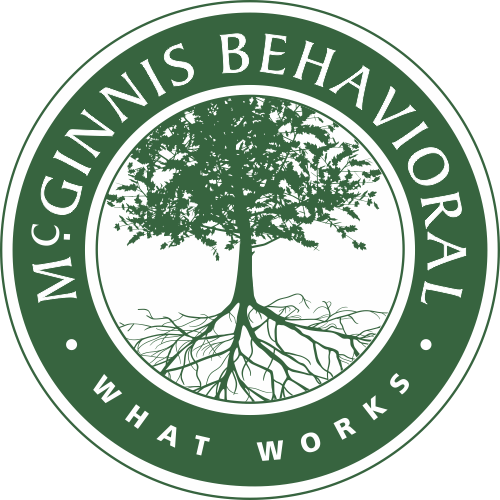Orchids in a Sea of Dandelions
by Chris McGinnis, PhD, BCBA-D
One crisp Florida winter day I discover, in Susan Cain’s wonderful book Quiet, brief mention of an “orchid hypothesis” which debuted in a 2009 article, The Science of Success, featured in The Atlantic. My accidental find of this needle within a haystack I wasn’t searching brought my flow of reading to a halt. I paused to consider its relevance to my daily work as a family psychologist.
Swedish folk wisdom, it is claimed, tells of dandelion children and orchid children. Dandelions thrive in nearly any environment. Orchids, on the other hand, are temperamental and sensitive; they require specific conditions to thrive, and when they thrive, the results are spectacular. Without those specific conditions, they wilt.
Metaphorical distinctions like this are everywhere in pop psychology. Many are useful, however, but not when seen as scientific truths but instead as lenses through which we may see reality from helpful or interesting angles.
A flower metaphor I’ve been using for some time is usually attributed to Alexander Den Heijer:
When a flower doesn’t bloom,
you fix the environment in which it grows,
not the flower.
This imagery beautifully captures the essence of the scientific framework underlying my daily work as a behavioral psychologist, in fact: By altering the social and physical environment around a person, you alter probabilities of future outcomes. Contrary to the culture at large, I don’t blame the flower for not blooming, nor do I blame the soil for not producing a bloom. I do tend the soil, though, and teach others how to find the right mix of nutrients to produce the outcomes they seek.
It now occurs to me that this flower of which I’ve often spoken is usually an orchid. Dandelions don’t need me.
Dr. Chris McGinnis is a family psychologist in private practice based in Jupiter, Florida. His website is www.mcginnisbehavioral.com.




